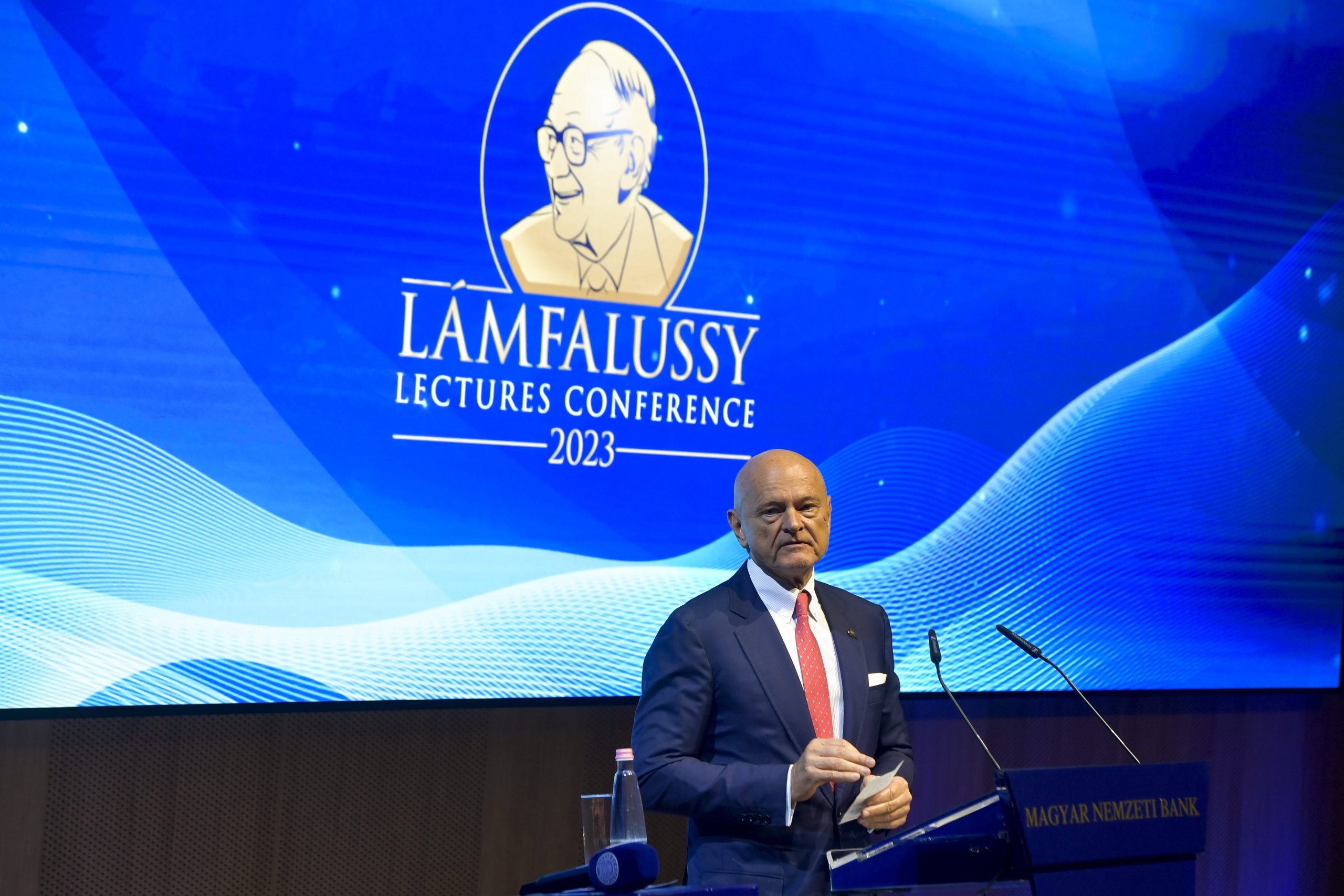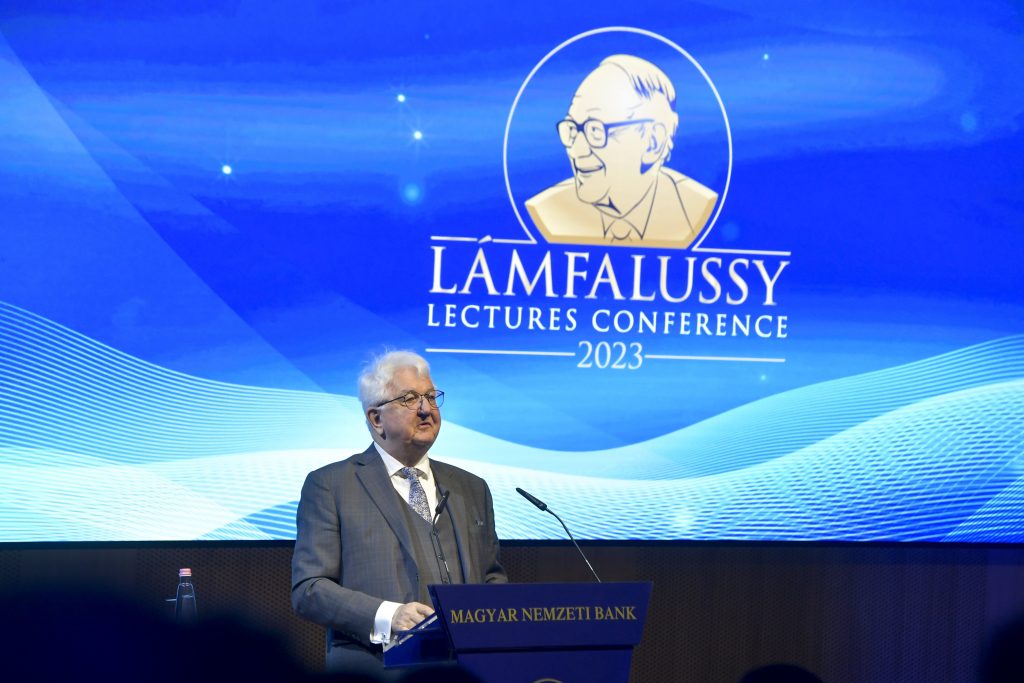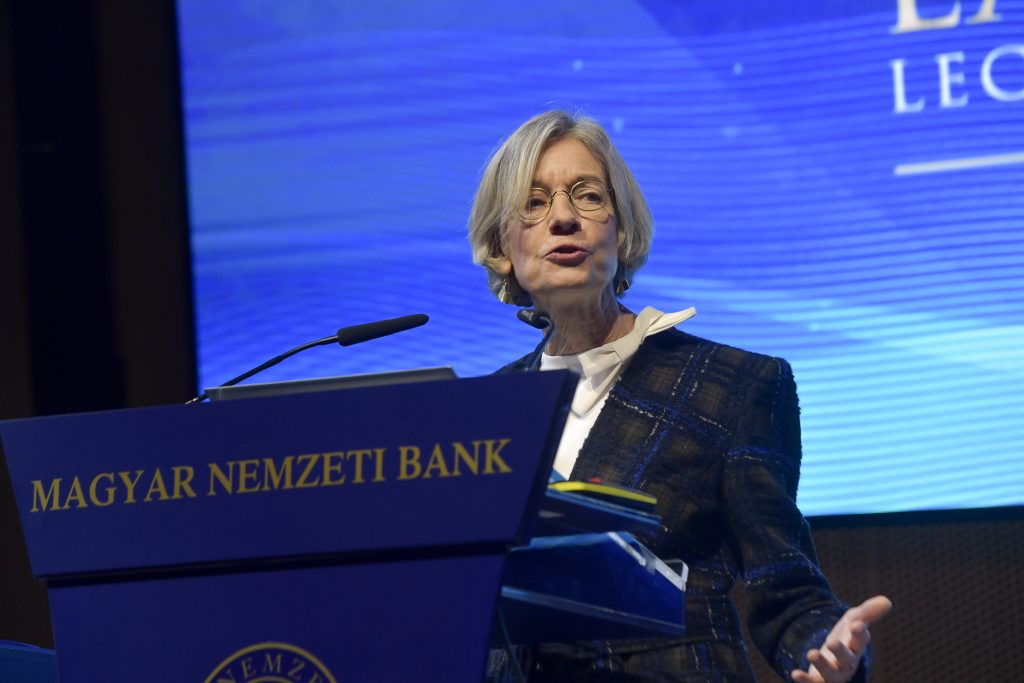
MNB will use all means to restore and maintain price stability, György Matolcsy stressed.Continue reading

Inflation, digital central bank currency, and sustainability were also on the agenda of this year’s Lámfalussy Conference, organized by Hungary’s central bank.
In the current turbulent economic situation, inflation is the number one enemy for central banks around the world, and especially in the region, said Mihály Patai, Deputy Governor of the Magyar Nemzeti Bank, Hungary’s central bank, at an international conference organized by the MNB on Monday, named after Sándor Lámfalussy. According to MTI, Patai stressed that in the changed international financial and economic situation, monetary and fiscal policymakers need to work together to take unprecedented measures.
Robert Holzmann, President of the Austrian central bank and winner of this year’s Lámfalussy prize, said that the work of the economist, who is known as the father of the euro, is more relevant in the current circumstances than many people think.

Robert Holzmann (Photo: MTI/Koszticsák Szilárd)
Catherine L. Mann, a member of the Monetary Board of the British central bank, pointed out that the combined effect of shocks is making the current economic downturn different from the recessions of previous decades. She said that with inflation soaring as a result of rapid increases in energy, food and commodity prices, central banks need to maintain higher inflation expectations because of the significant economic costs of underestimating inflation dynamics.

Catherine L. Mann (Photo: MTI/Koszticsák Szilárd)
The conference featured a range of internationally renowned experts, including Mu Changchun, Director of the Digital Currency Research Institute at The People’s Bank of China, Shu-Pui Li, Advisor to the Governor of the Central Bank of the UAE or Henner Asche, Deputy Director General for Markets of the Deutsche Bundesbank.
The presentations also highlighted that the series of crises of recent years have shown that all events can be traced back to the disruption of our natural environment; the popularity of green bonds shows that there is a need for change and that change has already begun. The conference also concluded that digital money can only succeed if it is used by more people, which requires a complex project management approach by central banks.
Featured photo via MTI/Koszticsák Szilárd